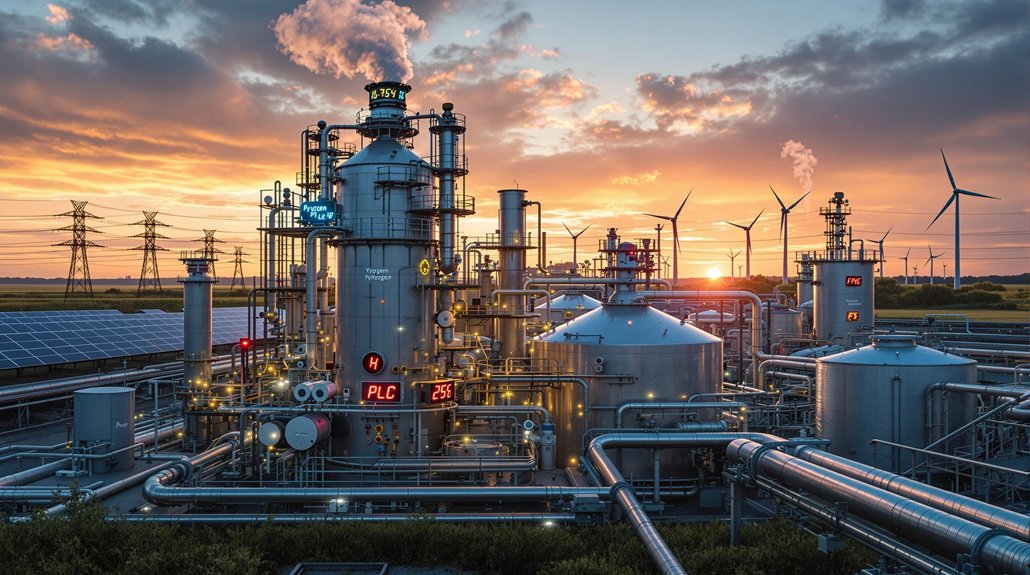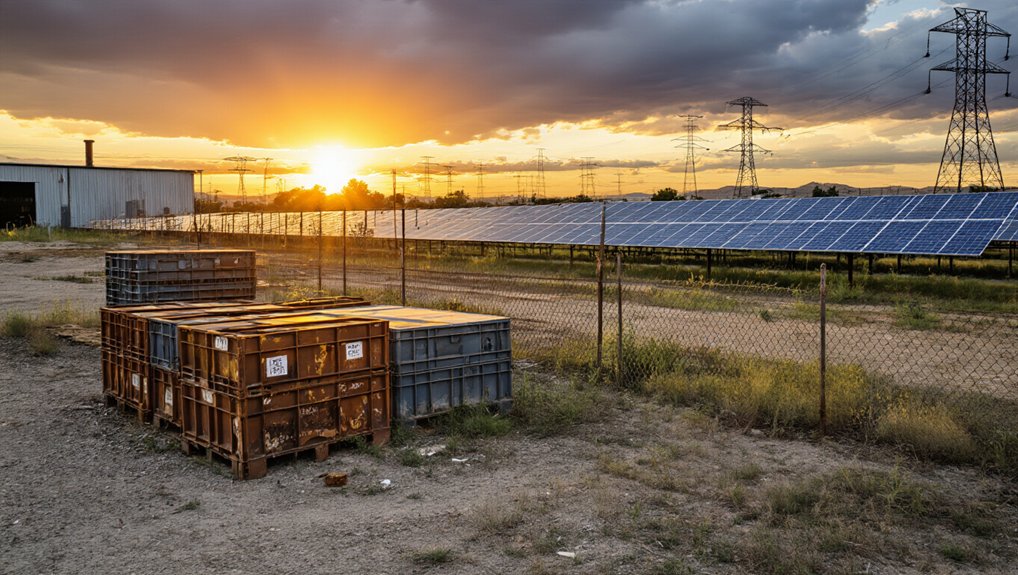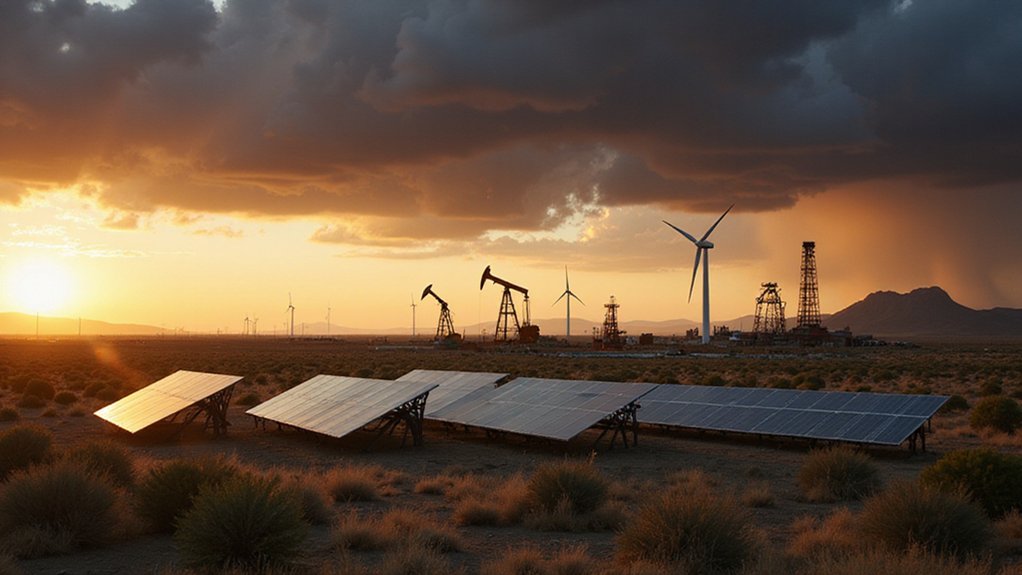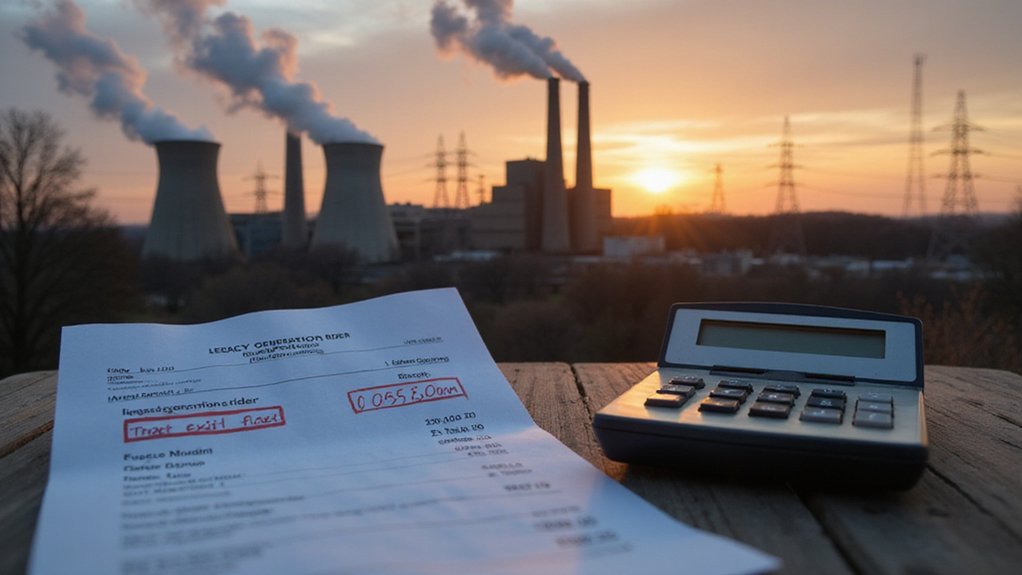The EPA has announced a massive rollback of 31 environmental protections, targeting regulations on water, air, and toxic substances. Officials claim the changes will reduce costs for businesses and create jobs nationwide, calling it the “biggest deregulatory action in U.S. history.” The sweeping changes include reconsideration of the 2009 endangerment finding, power plant emission rules, and vehicle standards. These actions could fundamentally reshape America’s environmental landscape.
In what’s being called the “biggest deregulatory action in U.S. history,” the Environmental Protection Agency has announced plans to roll back 31 environmental protections. The sweeping changes target regulations on water, air, and toxic substances. EPA officials say these actions will reduce costs for businesses and create jobs across the country.
The most significant change is the formal reconsideration of the 2009 endangerment finding. This finding established that greenhouse gases threaten public health and provided the legal foundation for climate regulations under the Clean Air Act. The EPA claims these regulations have cost Americans $700 billion.
The EPA targets the very foundation of U.S. climate policy, claiming $700 billion in regulatory costs to Americans.
Power plant emissions rules are also being reconsidered. The “Clean Power Plan 2.0,” which aimed to control 90% of carbon pollution from coal and gas plants, is now labeled “overreaching” by the EPA. Officials argue these rules would raise electricity prices for American families and increase dependence on foreign energy sources.
Vehicle emissions standards set for 2024 are another target. The EPA is reconsidering regulations for light, medium, and heavy-duty vehicles. The agency refers to these as an “electric vehicle mandate” that limits consumer choice and drives up costs for products delivered by trucks. The announcement includes termination of Biden-era tailpipe emissions standards that were meant to establish emissions averages across vehicle fleets.
Clean water protections face major changes too. The EPA is revising the definition of “waters of the United States” following a 2023 Supreme Court decision. This could reduce federal protection for wetlands and smaller waterways across the country.
Air quality standards for particulate matter and hazardous air pollutants are also under review. The EPA is ending the “Good Neighbor Plan” designed to reduce pollution that crosses state lines. The deregulation will impact 23 states regarding compliance with air quality standards. Rules on mercury and soot pollution face reconsideration as well.
The agency is closing its environmental justice offices and ending diversity initiatives. Programs addressing industrial pollution in underrepresented communities are being canceled. A lawsuit against a Louisiana chemical plant has been dismissed. The EPA says these actions will save taxpayers $2 billion.









